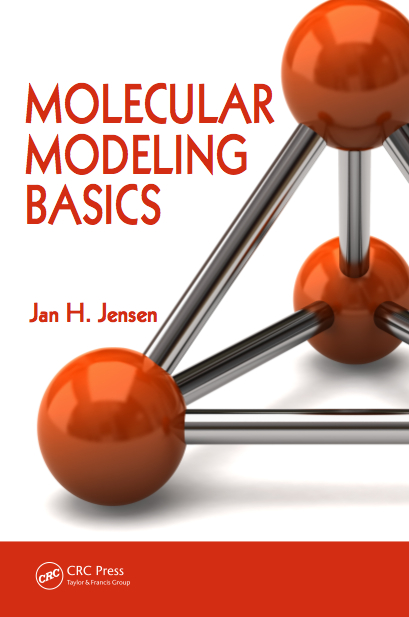Every year I teach DFT in the Computational Chemistry course here at the University of Copenhagen, where I give a 2 hour lecture one day, and give them an assignment to complete another day in the computer lab across the hall from my office.
I typically start them off around 10 am and they typically finish around 2 or 3 pm, when I then lead them through a discussion of the data. In past years this has been pretty chaotic: computed energies are missing or wrong, and relative energies had to be converted to kcal/mol on the fly.
This year, inspired by Luca De Vico, I set up a Google spreadsheet where they could collect their data (they work in pairs) on separate sheets. This worked great:
The students where able to see each others data, and they quickly discovered when they made mistakes (which I then helped them fix).
A "best practice" with respect to organization and presentation of the data was quickly adopted.
Discussion of the data was made much easier since I could just show the spreadsheet on the projector.
Finally, I could follow their progress from my computer and figure out when most people had finished, so we could start discussion.
Highly recommended!
I typically start them off around 10 am and they typically finish around 2 or 3 pm, when I then lead them through a discussion of the data. In past years this has been pretty chaotic: computed energies are missing or wrong, and relative energies had to be converted to kcal/mol on the fly.
This year, inspired by Luca De Vico, I set up a Google spreadsheet where they could collect their data (they work in pairs) on separate sheets. This worked great:
The students where able to see each others data, and they quickly discovered when they made mistakes (which I then helped them fix).
A "best practice" with respect to organization and presentation of the data was quickly adopted.
Discussion of the data was made much easier since I could just show the spreadsheet on the projector.
Finally, I could follow their progress from my computer and figure out when most people had finished, so we could start discussion.
Highly recommended!




No comments:
Post a Comment